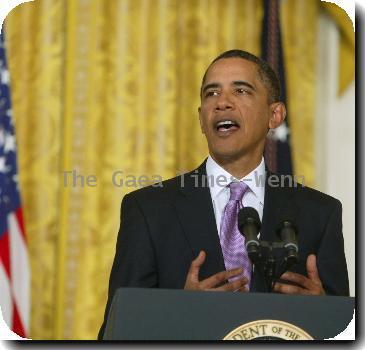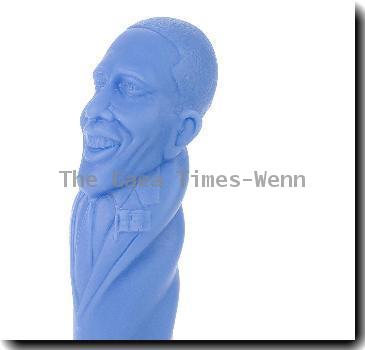White House analysis sees fewer earmarks but says reform is still needed
By APMonday, April 12, 2010
White House analysis sees fewer earmarks
WASHINGTON — Members of Congress obtained about 2,000 fewer pet projects for their home states last year, according to a White House analysis released Monday.
Lawmakers stuffed 9,192 so-called earmarks into spending bills last year, at a cost to taxpayers of more than $11 billion, the analysis found. By White House calculations, that’s a 17 percent drop in the number of earmarks and a 27 percent reduction in cost.
“All too often, earmarks are an easy vehicle for special interest dealmaking — inserted into congressional spending bills without filter for merit, need, priority, or any scrutiny,” White House budget chief Peter Orszag said in a statement.
“Although more needs to be done, the news is encouraging: Earmarks are down by double-digit percentages,” Orszag said.
Earmarks like road and water projects are a cherished tradition and skyrocketed during GOP control of Congress. Democrats have succeeded in cutting them back a little and have instituted reforms to make the process more open and less subject to corruption.
House Republicans have sworn them off this year as they seek an edge in the November elections.
“Abuse of the earmark process is a symbol of how Washington is broken, and Washington Democrats have done far too little to fix it,” said House Minority Leader John Boehner, R-Ohio.
Still, budget watchdog groups and the White House itself said the drop in earmarks is not quite that dramatic because accounting for some water projects has changed.
White House budget office spokesman Tom Gavin said that even when those projects are excluded, the cost of last year’s earmarks went down by about 14 percent from the year before.
Taxpayers for Common Sense, an anti-earmark group, says the cost of last year’s earmarks was even higher, more like $16 billion. That is because the group counts billions of dollars spent on Pentagon programs the administration has sought to kill off but that Congress has revived. Such programs include the C-17 cargo jet that President Barack Obama opposes.
Opponents of earmarks say they have a corrupting influence on lawmakers, getting them to support spending bills they would otherwise oppose. And they say they created a “pay-to-play” culture in which companies seeking earmarks and their hired lobbyists returned the favor with campaign contributions.
The definition of an earmark varies, but they are most commonly regarded as a specific project, contract or grant not requested by the president but inserted into one of the annual spending bills.
Once inserted by the most senior and powerful lawmakers and those on the appropriations and transportation committees, earmarks mushroomed after Republicans took over Congress in 1995.
Then, GOP leaders like Speaker Newt Gingrich of Georgia and Majority Whip Tom DeLay of Texas, saw earmarks as a way to help endangered Republicans keep their seats and to reward lawmakers loyal to GOP leaders.
When the Bush White House first counted up earmarks for 2005, with Republicans in control of the House and Senate, it discovered about 13,500 earmarks totaling about $19 billion. That’s about one-third more than last year, at a 41 percent higher cost.
Tags: Barack Obama, District Of Columbia, North America, Political Issues, Pork Barrel Spending, United States, Us-earmarks, Washington


